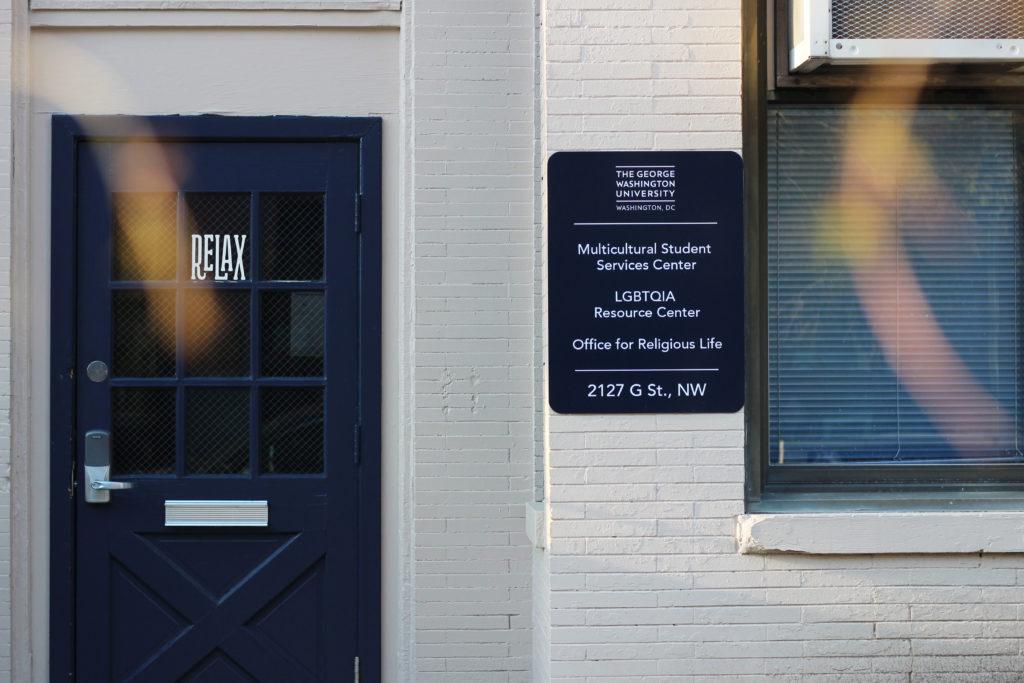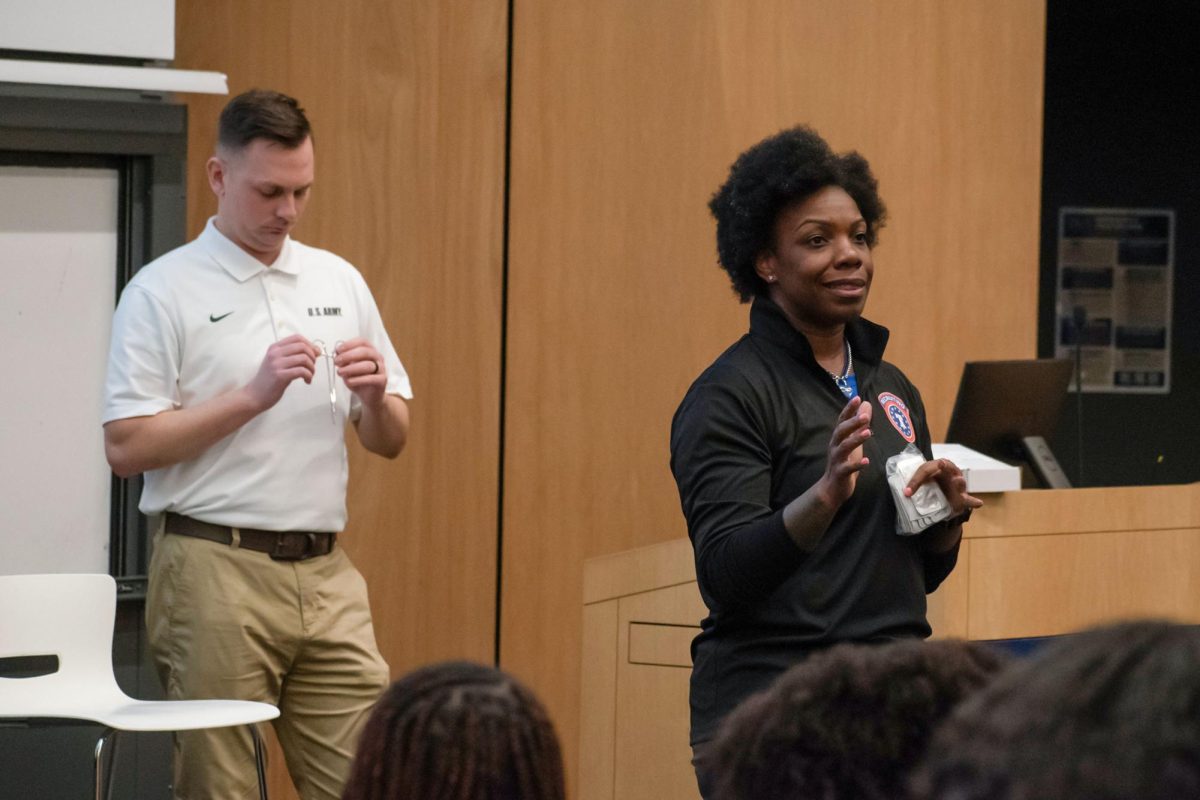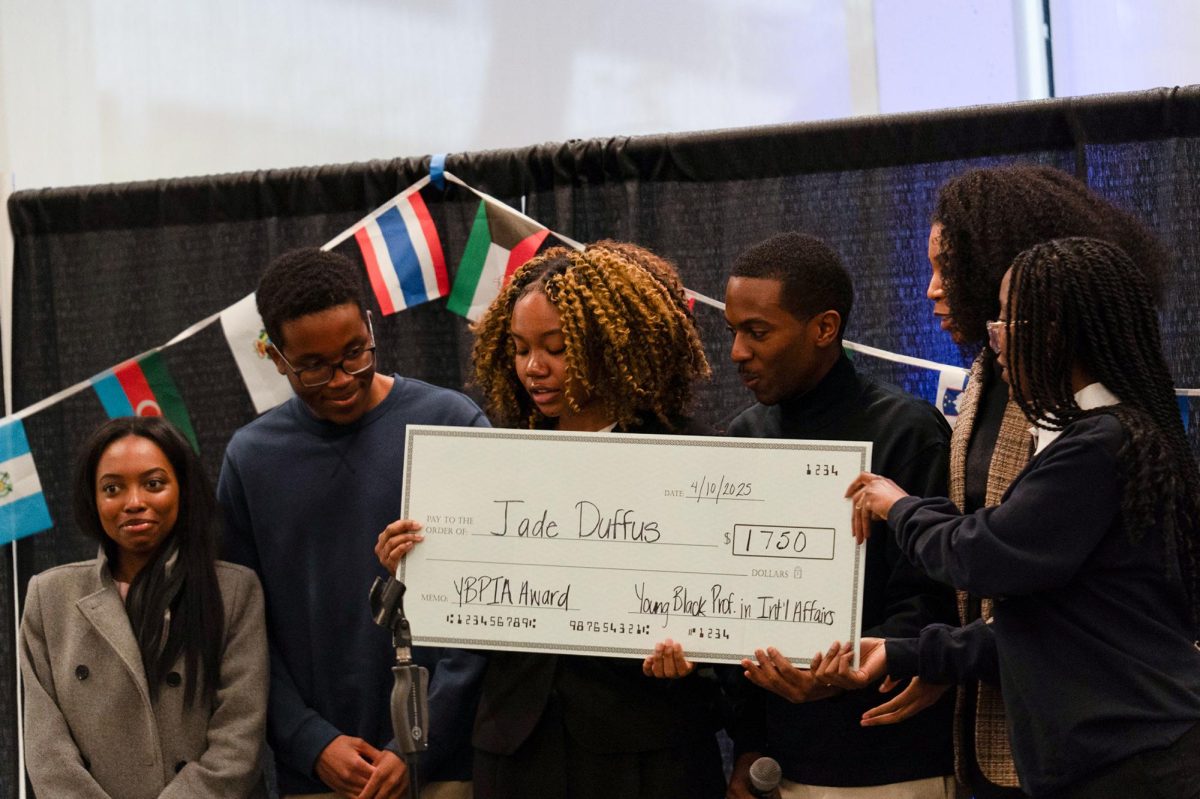Updated: April 5, 2021 at 8:46 p.m.
Multicultural student organizations have spent the year hosting social events and celebrations to build community among students of color during GW’s virtual semesters.
Students of color said they’ve struggled to feel like a part of the student body, leaning predominantly on student groups and the Multicultural Student Services Center to find their close friends and communities. But with the COVID-19 pandemic preventing in-person events, student leaders of multicultural organizations said they’ve upped their programming to include additional community-focused activities to curb feelings of isolation.
Senior Aarshi Kibria, the president of the South Asian Society, said smaller South Asian multicultural groups, like GW Raas, have built a community over shared cultural interests at events and weekly general body meetings. She said among the group’s biggest accomplishments this year was transferring their two major dance competitions to Zoom, so students could still engage in shared cultural celebrations, like in normal years.
“Our programming events tend to be open spaces where we want to have as many people as possible come and get to know each other and collaborate,” Kibria said.
She said the group has hosted a mix of discussions about members’ cultural and political identities and social events, like a recipe-sharing event on Zoom so students can feel connected. She said students are burned out after a day of online classes, so the group updated its calendar with new events, like a Zoom Desi Cookoff with American University’s chapter, for members to decompress over shared cultural interests.
The group also altered programming for March’s South Asian Heritage Month, swapping out its end-of-month informal charity event with a one-day virtual music festival featuring South Asian and DMV artists. Kibria said the attendees utilized Gather.town, a video meeting platform, to connect.
“There’s so many South Asian organizations on campus who have done so much throughout this year to make community building possible,” Kibria said. “GW SAS has done its best, but at the end of the day, it’s all of the other orgs too who have done so much. At the end of the day, we all need each other and we all know that.”
Quiara Mosley, the vice president of speciality events and programming for the Black Student Union, said this year the group has focused on advocating for students and ensuring they feel like they are part of GW. She said the group starts all events with light conversation and icebreaker questions for students to meet and feel the same “energy” as they would in person.
She said BSU has organized events, both in person and online, for all members to feel connected even if they can not attend every event. She said freshmen have been more engaged than leaders expected because of the adapted programming.
The group organized multiple events inviting BSU alumni to meet with underclassmen to make them feel connected to the larger Black community on campus, Mosley said. She also said BSU hosted a socially distanced outing on the National Mall earlier this month and coordinated with chapters at Georgetown and American universities last fall to host a DMV-wide Black student mixer where attendees played games online.
“We have created more community among the Black organizations,” Mosley said. “We’ve also created more community among the members. We, even though the freshmen have had a whole virtual year, we’ve somehow managed to garner a lot of support.”
Sophomore Alexander Lin, the social media and public relations chair for the Taiwanese Student Association, said helping Taiwanese students find a shared cultural community is needed at a predominantly White institution like GW because the community is so small. He said the group’s annual events highlighting Taiwanese food and Taiwanese holidays like Lunar New Year were shifted to Zoom to keep students connected to Taiwanese culture and identity.
Lin said the executive board has shifted its focus this semester to “building a sense of belonging” among students at meetings through discussions about mental well-being and personal experiences being Taiwanese at GW. He said these events serve to remind members they have a base at the University.
“It’s really important for us to build community for Taiwanese Americans at GW because coming to a new environment, and for some coming to live in the states by themselves for the first time, can be very difficult identity-wise and navigating that,” Lin said. “Having a group of Taiwanese Americans who’ve had the same past experiences as you mentor you and grow with you is very helpful.”
Junior Rzan AlSaadi, the president of the Arab Student Association, said her organization has kept the community together through online events like speed dating, game nights and conversations with prominent Arab activists. She said having an Arab student community “empowers” members to speak up when they hear misconceptions about their culture during foreign policy discussions and when talking to peers.
AlSaadi said the organization hosted a virtual game night with the University of Virginia and George Mason, Georgetown and American universities’ chapters this month for students to meet other Arab students in the DMV. She said in between social events, GW’s chapter has hosted discussions about students’ “multifaceted” identities and personal experiences to build community among students, especially freshmen who have never lived on campus.
“More recently, we have been focused on cultural and political issues within the Arab identity and politics related to the Arab identity,” AlSaadi said. “With that, we have been highlighting what it means to be ‘Arab’ by recognizing how diverse our experiences are depending on where you’re from, what you look like, what your sexual identity is and whatnot. We’ve been focusing on just hosting a platform for individuals that want to speak about their experiences.”
This post has been updated to correct the following:
The Hatchet incorrectly reported the name of the South Asian Society. The Hatchet also incorrectly reported that the organization’s music festival lasted multiple days. It was a one-day event. We regret these errors.








